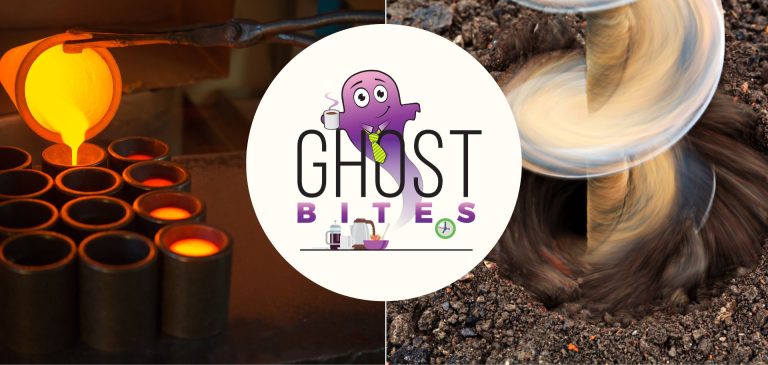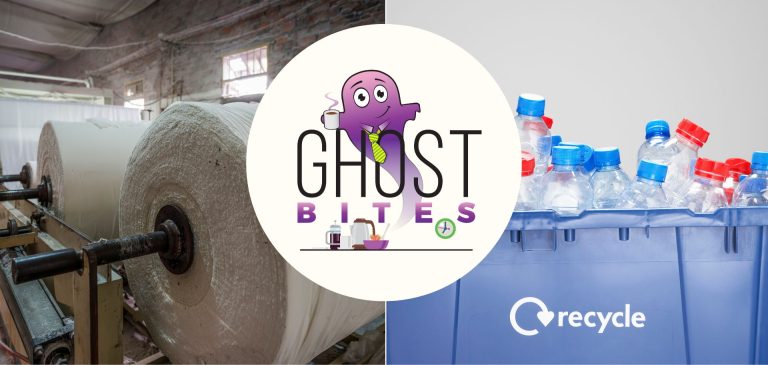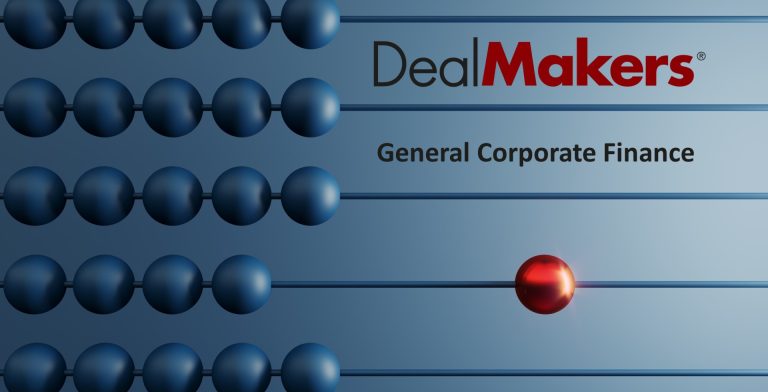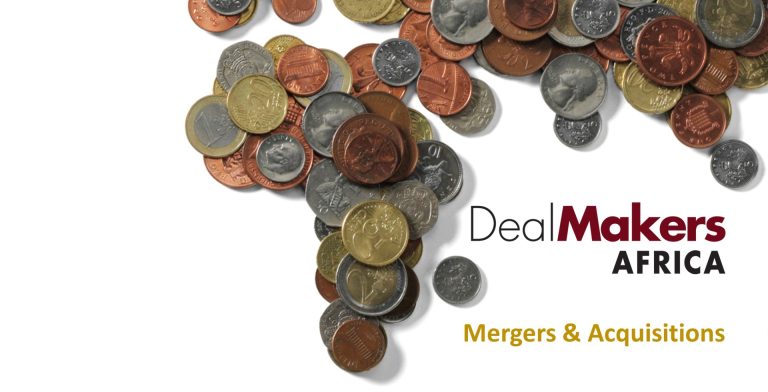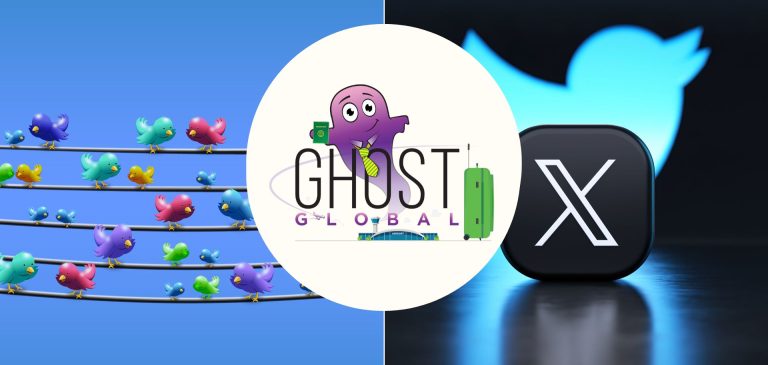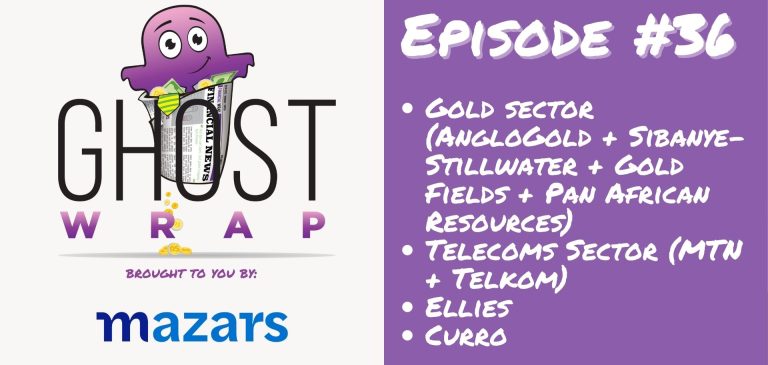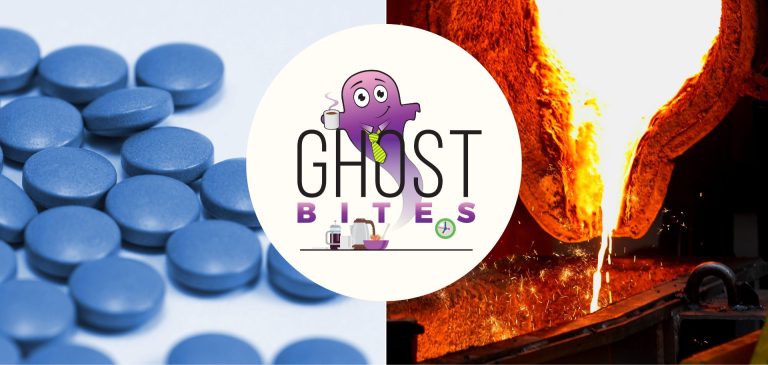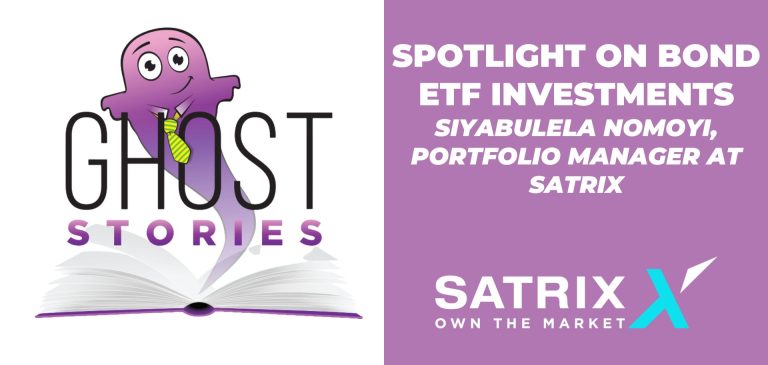AngloGold expects earnings to halve (JSE: ANG)
Yet another example of how mining can be volatile
I gave up on gold miners a while ago. Having dabbled with them during the pandemic, I eventually grew tired of watching crazy things happen. The gold price simply doesn’t react the way you would expect, which means inflationary conditions are actually negative for gold miners as the commodity price tends to be too light relative to the cost pressures.
AngloGold just brought this message home once more for me, with a trading update for the six months to June that notes an expected drop in HEPS of between 48% and 58%. Compared to the base period of 71 US cents in earnings, the company notes that inflationary pressures had an impact on earnings of 26 US cents.
There were other issues, like higher non-cash environmental provisions following the implementation of new legislation in Brazil.
With an expectation of only marginally higher gold production for the full year vs. last year, the group is reliant on the gold price doing well. Good luck with that.
Aspen and the Latino lovers (JSE: APN)
Interestingly, the group can’t measure the profits it is buying
FinTwit became a rather juvenile place on Tuesday, with news of Aspen buying the rights to Viagra (among other products) in Latin America. Leaving the endless potential jokes aside, this is obviously a major product and there are many others in the Viatris portfolio as well.
The really interesting thing is that Aspen reckons the portfolio is worth $280 million. The price being paid is a combination of $150 million in cash and a supply agreement for seven years with Viatris, presumably on somewhat favourable terms to Viatris although the announcement doesn’t make that clear.
In any event, Aspen seem to have taken an educated guess at the fair value. You see, the company cannot actually identify the profits from this portfolio because of how Viatris is structured. All we know is that the annual sales number is $92 million. Aspen thinks that the gross margin will be higher than the gross margin in its Commercial Pharmaceutical segment of 60%.
A valuation is never an exact science but this really is just a guessing game. Nothing ventured, nothing gained I guess.
More debt transactions underway at British American Tobacco (JSE: BTI)
Here’s one for the comic book fans: BATCAP Notes
Hot on the heels of a $2.9 billion tender offer to reduce some of the existing debt instruments in issue, British American Tobacco has priced $4 billion worth of debt instruments with maturities ranging from 2030 all the way out to 2053.
The yield curve looks like this, across two different issuers within the corporate group:
- 2029: 5.931%
- 2030: 6.343%
- 2033: 6.421%
- 2043: 7.079%
- 2053: 7.081%
These are dollar-based instruments, some of which are entertainingly referred to by the company as BATCAP Notes.
The major thing to learn from this is that longer-dated money usually carries a higher cost.
The Crookes Brothers circular is late but imminent (JSE: CKS)
This relates to the deciduous fruit farming disposal to Witzenberg Properties
Crookes Brothers first announced this deal back in May, with an agreement to sell the deciduous fruit farming business and related properties to Witzenberg Properties for R200 million.
This requires a Category 1 circular to be issued to shareholders, which is a big job even for companies that are used to the requirements. Although no reason for the delay is given, Crookes Brothers couldn’t meet the rule to publish the circular within 60 days and went to the JSE for a dispensation.
The circular will be sent out before 10th August, with the blessing of the JSE.
Ellies heads into the Bundu (JSE: ELI)
The future of Ellies rests on this transaction
Ellies has now released its financial results for the year ended April. They don’t make for happy reading.
Revenue fell by 7.7% and the EBITDA loss has worsened to R46.9 million. This comes after a loss of R37.1 million in the prior year, although it does include restructuring costs of R18 million this year that should generate R30 million in annual savings. The attributable loss after tax is even worse, coming in at R85.4 million, nearly double the prior year’s loss.
The interest expense was R21.3 million. The company absolutely cannot afford this debt. With a term loan due on 30 April 2024, the current negotiations with the bankers are critical.
The headline loss per share is 10.78 cents. To put that disaster into perspective, the share price is 7 cents per share. The net tangible asset value per share is 6 cents.
It’s just a mess almost everywhere you look. The satellite installation business makes Telkom’s voice business look like the poster child of the 4th industrial revolution. The electrical products business should’ve cleaned up during periods of extreme load shedding, yet Ellies simply didn’t have the working capital to really capitalise on this.
To fund the Bundu Power acquisition and the last-ditch attempt to save this thing by moving into renewable energy installations, Ellies will undertake a R120 million capital raise at 7 cents per share.
The circular is being updated with this latest financial information and will be distributed to shareholders by 31 August.
MTN Ghana lost mobile subscribers, but grew revenue (JSE: MTN)
EBITDA margin also contracted slightly
After the release of a sobering trading update by mothership MTN and key African subsidiary MTN Nigeria, MTN Ghana has now joined the fray. This is also an important part of the group, plagued by the same forex issues that have caused grey hairs for South African investors as cash ends up getting trapped in underlying African subsidiaries.
At least the numbers in Ghana are (mostly) heading in the right direction. Mobile subscriber numbers fell by 1.6% due to SIM re-registration issues in the country. We’ve seen this play out in other markets. Service revenue grew by 32.3% and EBITDA grew by 29.4%, so EBITDA margin contracted by 130 basis points to a still-delicious 56.1%.
Core capital expenditure increased by 54.2%, so the rate of investment in the country is exceeding the rate of earnings growth. If you can’t get the cash out, you may as well reinvest it right?
Pan African closes the required funding for Mintails (JSE: PAN)
The R1.3 billion senior debt facility is now in place
Pan African Resources has been busy raising a R1.3 billion senior debt package to be used to fund the Mintails project. This has been underwritten by RMB, with Nedbank acting as co-financier. On projects of this size, there’s often more than one bank as they look to spread the risk. It also helps to mark each other’s homework on the credit assessment.
This takes the total funding for Mintails to R2.5 billion. The other constituents of that number are a Domestic Medium Term Note programme that raised R800 million in December 2022 and a derivative funding structure of R400 million that was finalised with RMB in March 2023.
Full scale construction of the tailings retreatment plant will now begin, with expected all-in sustaining costs similar to the Elikhulu operation at Evander. The project is expected to be commissioned in the latter half of the 2024 calendar year.
Royal Bafokeng results: for the final time (JSE: RBP)
Trading in the shares will be suspended on 2 August ahead of the Impala Platinum takeout
With the Impala Platinum (JSE: IMP) squeeze-out underway to take Royal Bafokeng Platinum private, this is the last time that the company will separately release results as a listed company. It’s not exactly going out on a happy note, either.
Impala Platinum is now the lucky owner of a platinum group that made a headline loss of R330 million in the six months to June 2023, a wildly negative swing from headline earnings of R2.2 billion in the prior period.
Production fell slightly and cash operating cost per ounce jumped by 19.5%, with profits destroyed in the middle because the average PGM basket price fell by 23.6%. Operating costs showed a particularly concerning trend at the Styldrift mine, which posted a huge loss of R655 million vs. profit of R760 million last year. BRPM also suffered but was at least profitable, with earnings of R440 million vs. R2.36 billion last year.
Total capital expenditure decreased by 10.9%, mainly in expansion capital. The group discloses stay-in-business capital, which increased by 17.2%. In mining, even when times are difficult, the need to keep investing just doesn’t go away.
I hope that this will work out for Impala Platinum. Northam Platinum was happy to cut its losses on this one.
Sibanye-Stillwater investors get shafted again (JSE: SSW)
There’s just no respite
A 6.1% drop in the share price has undone a decent chunk of the recent momentum in the Sibanye-Stillwater share price. The year-to-date picture remains very painful.
The local gold operations have had a particularly torrid time, particularly during the labour unrest that caused awful financial results. It’s quite incredible seeing the run of luck here. If it’s not the platinum business in the US flooding (despite the name Stillwater), it’s the local gold operations experiencing structural damage to the Kloof 4 shaft.
The practical impact is that operations at Kloof 4 have been suspended. This accounts for 14% of Sibanye’s annual gold production from local operations, excluding DRDGOLD. Thankfully, no employees were injured during the safety trial that led to the incident. Goodness knows it could’ve been a lot worse.
A jump in earnings at South Ocean Holdings (JSE: SOH)
This company has nothing to do with fish!
South Ocean Holdings is one of those locally-listed companies that you’ve probably never heard of. The company manufactures electrical cables, so the fishy-sounding name (and I mean that literally) probably doesn’t help.
It’s not as small as you think, with a market cap of around R200 million. The bid-offer spread is wide, so you need to be patient with any positions here.
For the six months to June, HEPS increased by 51.3% to 23.9 cents. With a share price of R1.15, this puts it on a very modest annualised Price/Earnings multiple of 2.4x.
Detailed results will be out on 3 August.
Textainer: another reminder of how cyclical shipping is (JSE: TXT)
If you’re looking for steady earnings growth, stay far away from shipping
Whether you look at the owners of the ships themselves (like Grindrod Shipping JSE: GSH) or a container business like Textainer, shipping is an incredibly cyclical industry where the shipping rates fluctuate and profits are even more volatile.
In the second quarter of 2023, Textainer’s income from operations was $97.7 million vs. $122.8 million a year ago. On a HEPS basis, it’s down from $1.63 to $1.20. The cadence (this quarter vs. the immediately preceding quarter i.e. Q1’23) is also negative, as earnings in Q1 were $1.22 per share.
The company adjusts the size of its container fleet based on demand. Utilisation has dropped from 99.6% a year ago to 98.8% despite the total fleet size being reduced by 3.9%. They measure the fleet size based on TEUs: twenty-foot equivalent units.
Despite the earnings trajectory, the share price is actually up 27% in the last year. The rand depreciation is certainly part of that, with share buybacks also playing a role.
Little Bites:
- Director dealings:
- The CEO of Spear REIT (JSE: SEA) has bought another R14.4k worth of shares in the company for his family.
- Adcorp’s (JSE: ADR) special dividend of 91.3 cents per share is expected to be paid on 21 August.


